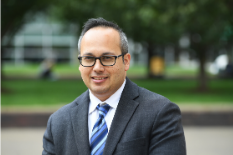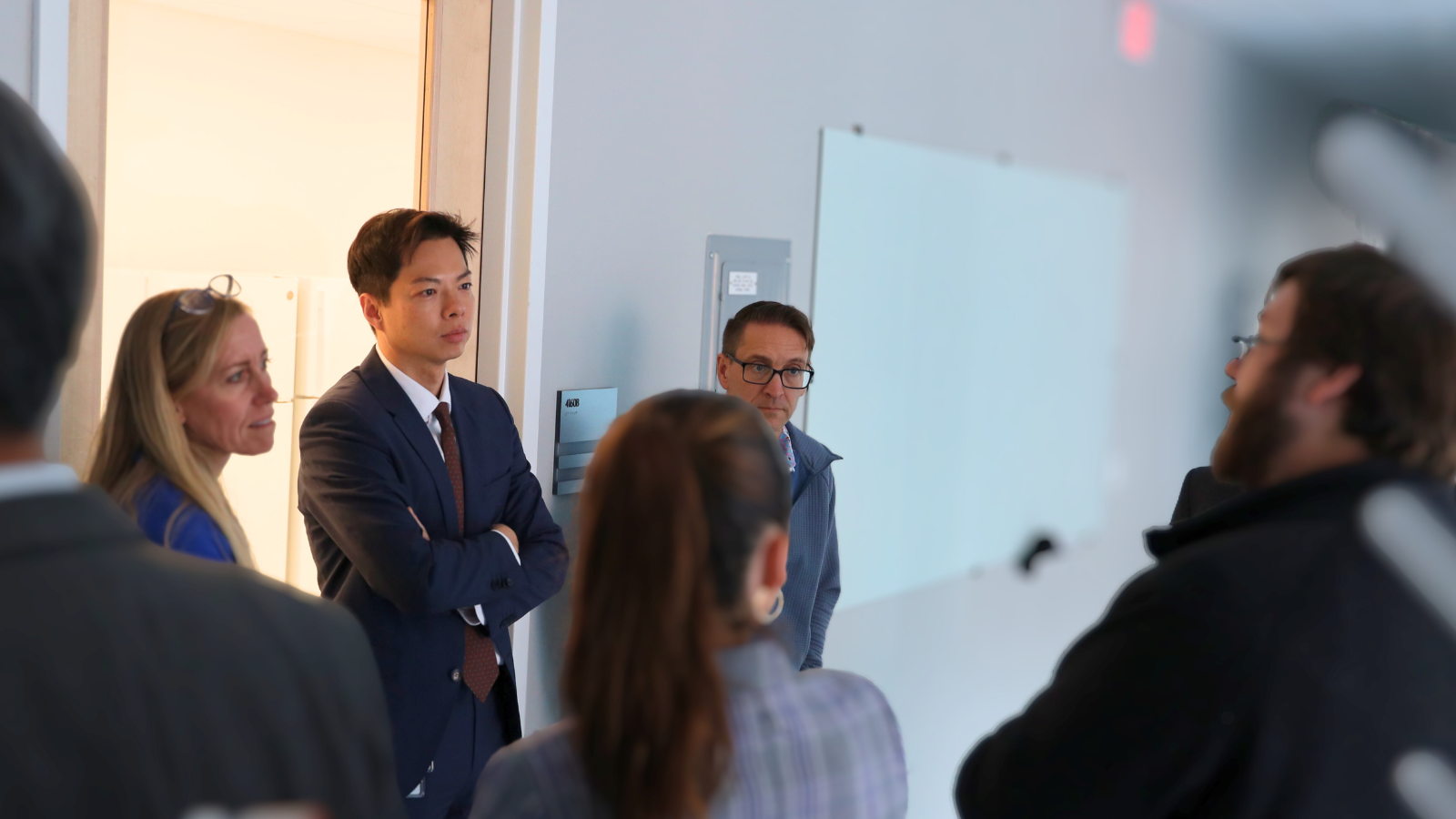News Story
Alum Studying Embryonic Development as Columbia Faculty Member

Nandan Nerurkar, Ph.D.
Nandan Nerurkar, Ph.D. is an assistant professor in the Department of Biomedical Engineering at Columbia University, and an alumnus of the University of Maryland’s biological resources engineering program, the predecessor to the Fischell Department of Bioengineering.
“When I was growing up, I took a lot of things apart to see how they worked,” explains Nerurkar. “My father, an engineer and an engineer's son himself, encouraged this, even if it was at the expense of a few perfectly good appliances over the years. Ironically, I've also always been drawn to the practicality of engineering.”
Nerurkar has fond memories of his time on campus, particularly as a basketball fan. “When I was a student, 1999-2003, it was a great time to be a basketball fan. Go Terps!” His experience with UMD professors ultimately led him to become an educator himself.
After earning his undergraduate degree in College Park, Nerurkar earned his Master of Science in Biomedical/Medical Engineering from Washington University in St. Louis and his PhD in Mechanical Engineering and Applied Mechanics from the University of Pennsylvania. He completed his training as a postdoctoral fellow at Harvard Medical School before joining the Biomedical Department at Columbia University.
Now, Nerurkar and his laboratory group use engineering approaches to study embryonic development. Their goal is to understand how the embryo transforms from a ball of stem cells to a precisely organized, complex organism through the interaction of physical forces and molecular signals. These researchers strive to understand why sometimes these processes fail, leading to devastating birth defects.
“When biomedical engineering students graduate, they go on to contribute to society in so many ways, not just as engineers leading the technological advancement of healthcare, but as doctors, scientists, and increasingly, as policymakers,” says Nerurkar. “The opportunity to contribute to the success of such a broad group of students - even in a small way - across these many disciplines is very gratifying.”
Synthetic biology - though outside of Nerurkar’s normal research area - is an exciting development for the Columbia educator. “The idea that we can tweak complex biological systems that evolution has optimized for a particular function in order to engineer new functionalities is so clever and imaginative,” he says. It will be very interesting to see where these emerging approaches take us in the next decade, as their therapeutic, manufacturing, computing, and other applications advance.
Published May 29, 2020










